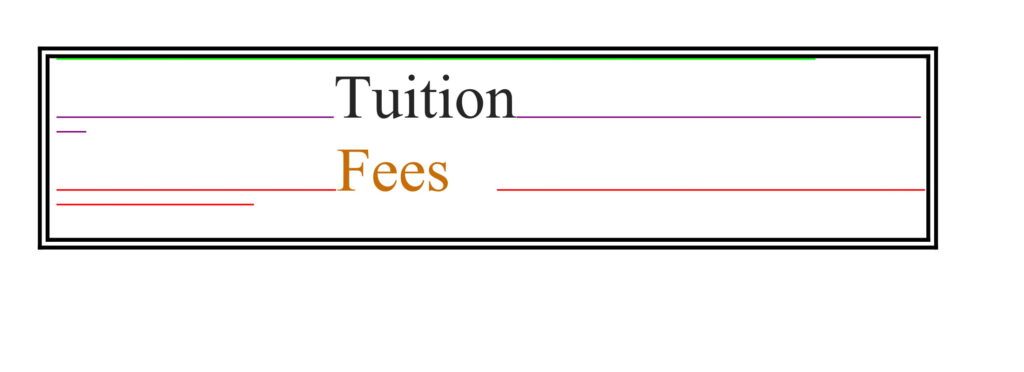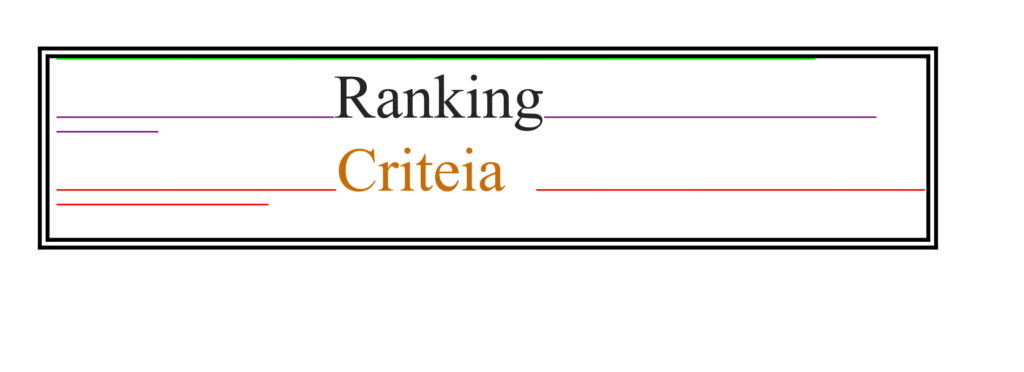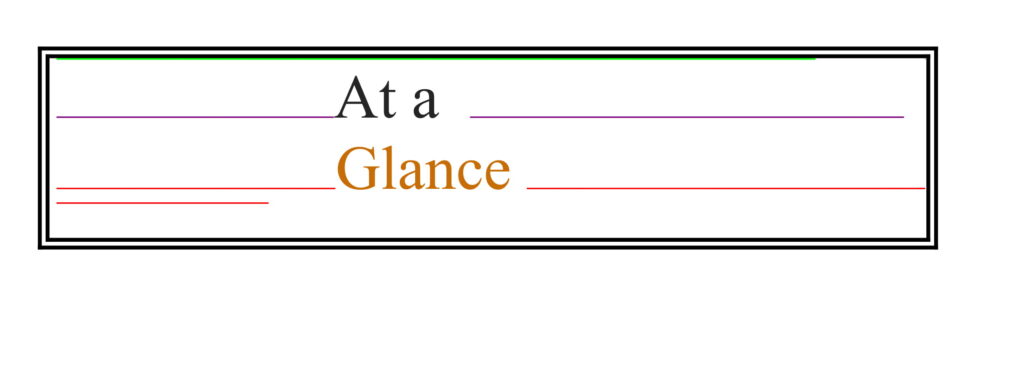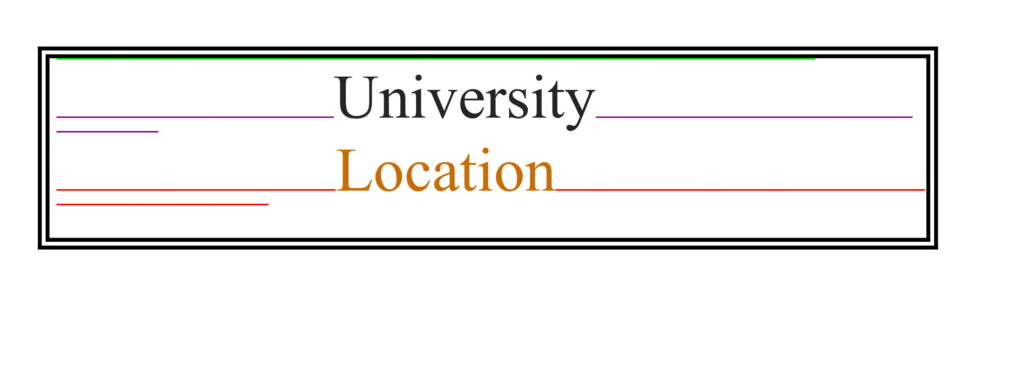University of Cambridge Tuition Fees
University of Cambridge Tuition Fees Master of Business Administration
Duration-1 Years
1st Year Tuition Fees
75,222.10 United States Dollar
Exams Accepted
GMAT : Accepted,
GRE : Accepted

University of Cambridge Tuition Fees BA (Hons) Computer Science
Duration-4 Years
1st Year Tuition Fees
42,457.47 United States Dollar
Exams Accepted
IELTS : 7.5
University of Cambridge Tuition Fees BA (Hons) Economics
Duration-3 Years
1st Year Tuition Fees
27,988.77 United States Dollar
Exams Accepted
IELTS : 7.5
University of Cambridge Tuition Fees Master of Finance
Duration-1 Years
1st Year Tuition Fees
62,257.95 United States Dollar
Exams Accepted
IELTS : 7.5
University of Cambridge Tuition Fees MPhil in Engineering for Sustainable Development
Duration-11 Months
1st Year Tuition Fees
39,866.94 United States Dollar
Exams Accepted
IELTS : 7
University of Cambridge Tuition Fees MASt in Pure Mathematics
Duration-9 Months
1st Year Tuition Fees
28,261.83 United States Dollar
Exams Accepted
IELTS : 7
BA (Hons) Architecture
Duration-3 Years
1st Year Tuition Fees
36,590.50 United States Dollar
Exams Accepted
IELTS : 7.5
MPhil in Advanced Computer Science
Duration-9 Months
1st Year Tuition Fees
47,394.75 United States Dollar
Exams Accepted
IELTS : 7.5
MEng Civil, Structural and Environmental Engineering
Duration-4 Years
1st Year Tuition Fees
44,533.81 United States Dollar
Exams Accepted
IELTS : 7.5
MEng Electrical and Electronic Engineering
Duration-4 Years
1st Year Tuition Fees
44,533.81 United States Dollar
Exams Accepted
IELTS : 7.5
MEng Mechanical Engineering
Duration-4 Years
1st Year Tuition Fees
44,533.80 United States Dollar
Exams Accepted
IELTS : 7.5
MEng Chemical Engineering
Duration-4 Years
1st Year Tuition Fees
44,533.80 United States Dollar
Exams Accepted
IELTS : 7.5
MPhil in Advanced Chemical Engineering
Duration-11 Months
1st Year Tuition Fees
47,393.77 United States Dollar
Exams Accepted
IELTS : 7
MPhil in Engineering
Duration-12 Months
1st Year Tuition Fees
42,630.07 United States Dollar
Exams Accepted
IELTS : 7

University of Cambridge Ranking Criteria
Overall Score: 94.3
Academic Reputation: 100
Employer Reputation: 100
Faculty Student: 100
Citations per Faculty: 69.2
International Faculty: 100
International Students: 97.4
World Rank -4
Institution-University of Cambridge
Location-United Kingdom
National Rank-1
Quality of Education 1
Alumni Employment 21
Quality of Faculty-4
Research Performance-11

At a glance University of Cambridge
Institution Name University of Cambridge
Location United Kingdom
World Rank 4
National Rank 1
Quality of Education Rank 4
Alumni Employment Rank 19
Quality of Faculty Rank 5
Research Performance Rank 11
Overall Score 94.1
Domain cam.ac.uk
Total number of students
19,580
Number of international students
7,305
Total number of academic staff
1,750
Number of international staff
610
Number of undergraduate degrees awarded
3,275
Number of master’s degrees awarded
2,790
Number of doctoral degrees awarded
1,115
Number of research only staff
4,005
Number of new undergraduate students
3,445
Number of new master’s students
2,495
Number of new doctoral students
1,155
University of Cambridge :

University of Cambridge University Location :
The University of Cambridge is located in the city of Cambridge, England, United Kingdom. The city of Cambridge is situated approximately 50 miles (80 kilometers) north of London. The university’s main campus is spread throughout the city, with various colleges and departments located in different parts of Cambridge. The city is known for its historic architecture, picturesque surroundings, and its status as one of the world’s most prestigious and renowned academic institutions.
Address : The Old Schools, Trinity Lane Cambridge, CB2 1TN East of England ,
United Kingdom
Tel +44 (1223) 337 733
Fax +44 (1223) 332 332
University of Cambridge University Campus :
The University of Cambridge does not have a single, centralized campus like some other universities. Instead, it is composed of a federation of 31 autonomous colleges and numerous departments and academic buildings spread throughout the city of Cambridge, England. Each college is its own self-contained community with its own buildings, facilities, and accommodations for students and faculty.
Here are a few of the well-known colleges at the University of Cambridge:
- Trinity College: One of the largest and most prestigious colleges at the university, it has a beautiful campus with a large court and chapel.
- King’s College: Known for its iconic chapel with the famous King’s College Choir.
- St John’s College: Features a stunning chapel and beautiful gardens.
- Queens’ College: Has a picturesque riverside location on the River Cam.
- Pembroke College: Known for its historic architecture and gardens.
- University of Cambridge New Museums Site: This is where you can find various university museums and research facilities.
- Department of Engineering: Located on Trumpington Street, it’s one of the many departmental buildings of the university.
The layout of the university is such that you’ll find these colleges and departments scattered throughout the city, often within walking or cycling distance of each other. Students may belong to a specific college and attend lectures and seminars in various university buildings throughout their academic career.
The diversity and decentralized nature of the University of Cambridge’s campuses contribute to the rich and unique academic and cultural experience it offers.
University of Cambridge University Library :
The University of Cambridge is home to several libraries, with one of the most prominent being the University Library. The University Library, often referred to as the “UL,” is the main library of the University of Cambridge and is one of the largest and most important research libraries in the United Kingdom. Here are some key details about the University Library:
- Location: The University Library is located in the heart of Cambridge, on the west side of the city center. Its address is West Road, Cambridge, CB3 9DR, United Kingdom.
- Collections: The University Library houses a vast collection of books, journals, manuscripts, maps, and various other materials. The library’s holdings cover a wide range of academic disciplines and are an invaluable resource for researchers and students.
- Architecture: The library building itself is an architectural landmark in Cambridge. It was designed by Sir Giles Gilbert Scott and officially opened in 1934. The architecture of the building is notable for its neoclassical style and impressive façade.
- Services: The University Library provides a wide range of services to support research and study, including access to electronic resources, interlibrary loans, reference assistance, and special collections.
- Accessibility: While the University Library primarily serves the university’s academic community, it is also open to the public for reference purposes. However, borrowing privileges are typically restricted to university members.
In addition to the University Library, there are also many college libraries within the University of Cambridge, each serving its respective college community. These college libraries vary in size and scope but contribute to the overall academic richness of the university.
University of Cambridge University academy :
University of Cambridge does not have a university academy in the sense of a K-12 school or educational institution. The University of Cambridge primarily focuses on higher education and research, offering undergraduate and postgraduate degree programs through its various colleges and departments.
However, the University of Cambridge does have connections with various schools, both nationally and internationally, through collaborative research projects, teacher training programs, and outreach initiatives to promote education. These partnerships may involve schools at different levels, but they are not considered part of the university itself.
It’s possible that there have been developments or new initiatives since my last update, so I recommend checking the official website of the University of Cambridge or contacting them directly for the most up-to-date information regarding any educational programs or partnerships they may have with schools or academies.
University of Cambridge University Courses :
The University of Cambridge offers a wide range of undergraduate and postgraduate courses in various fields of study. These courses are offered through its numerous colleges and academic departments. Below is a general overview of the types of courses available at the University of Cambridge:
Undergraduate Courses: Undergraduate courses at Cambridge lead to a Bachelor’s degree. They typically span three or four years of study, depending on the subject and college. Some common undergraduate degrees include:
- Bachelor of Arts (BA)
- Bachelor of Science (BSc)
- Bachelor of Engineering (BEng)
- Bachelor of Music (MusB)
Postgraduate Courses: The University of Cambridge offers a wide range of postgraduate programs, including master’s degrees (MPhil, MSc, MASt) and doctoral degrees (PhD, DPhil). These programs are offered in various academic disciplines and are known for their rigorous research and academic excellence.
Professional and Continuing Education: Cambridge also offers professional and continuing education programs, including part-time and online courses designed for working professionals and lifelong learners.
Short Courses and Summer Programs: The university offers short courses and summer programs in various subjects, which are often open to both students and the general public.
Research Opportunities: Cambridge is renowned for its research opportunities, and many students pursue research degrees (MPhil or PhD) in their chosen fields. The university has a strong focus on research across a wide range of disciplines.
University of Cambridge University Faculty :
The University of Cambridge has a diverse and distinguished faculty made up of professors, lecturers, researchers, and academic staff who are experts in their respective fields. The faculty is organized into various departments and faculties, each focused on specific academic disciplines. As of my last knowledge update in September 2021, here are some of the key faculties at the University of Cambridge:
- Faculty of Arts and Humanities: This faculty encompasses a wide range of subjects, including classics, history, literature, languages, music, philosophy, and theology.
- Faculty of Sciences: The sciences faculty covers disciplines such as physics, chemistry, biology, mathematics, computer science, and earth sciences.
- Faculty of Social and Political Sciences: This faculty focuses on subjects related to human society and politics, including sociology, economics, politics, and international studies.
- Faculty of History: Cambridge has a distinguished history department, which is known for its research and teaching in various historical periods and regions.
- Faculty of Law: The Faculty of Law offers undergraduate and postgraduate programs in law and is well-regarded for its legal research.
- Faculty of Engineering: This faculty covers various engineering disciplines, including civil, mechanical, electrical, and aerospace engineering.
- Faculty of Medicine: The Faculty of Medicine includes the School of Clinical Medicine and the School of Biological Sciences. It is closely associated with the Cambridge University Hospitals NHS Foundation Trust.
- Faculty of Education: Focusing on educational research and practice, this faculty offers programs in education and related fields.
- Faculty of Divinity: This faculty is dedicated to the study of theology, religious studies, and related subjects.
- Faculty of Economics: The Faculty of Economics is known for its research in economics and offers undergraduate and postgraduate programs in the field.
- Faculty of Asian and Middle Eastern Studies: Specializing in Asian and Middle Eastern languages, cultures, and history.
- Faculty of Architecture and History of Art: Covering architecture, art history, and related fields.
These faculties are further divided into departments and research centers, and they house a wide range of academic programs and research activities. Please note that faculty structures and names may evolve over time, and new departments or changes to existing ones may have occurred since my last update in September 2021. For the most up-to-date and specific information about the faculties, departments, and academic offerings at the University of Cambridge, it’s best to refer to the official university website.
See more Another university